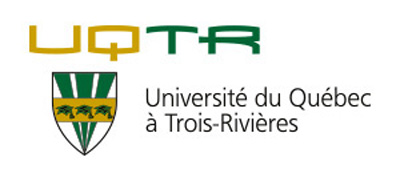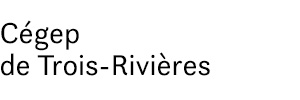Related projects
Discover more projects across a range of sectors and discipline — from AI to cleantech to social innovation.
Mitacs brings innovation to more people in more places across Canada and around the world.
Learn MoreWe work closely with businesses, researchers, and governments to create new pathways to innovation.
Learn MoreNo matter the size of your budget or scope of your research, Mitacs can help you turn ideas into impact.
Learn MoreThe Mitacs Entrepreneur Awards and the Mitacs Awards celebrate inspiring entrepreneurs and innovators who are galvanizing cutting-edge research across Canada.
Learn MoreDiscover the people, the ideas, the projects, and the partnerships that are making news, and creating meaningful impact across the Canadian innovation ecosystem.
Learn MoreThis is a major long-term and on-going project being undertaken by CanAssist. An organization dedicated to developing assistive technologies and services that will improve the quality of life and independence of those with disabilities (please see www.canassist.ca). One of our key research areas revolves around the development and provision of communication and control devices for people who have acute disabilities and for whom there are no “market solutions”. These range from the complex (for example, those based on eye-tracking or the detection of electromyographic (EMG) signals) to the relatively simple (laser-pointer detection systems).
Our goal is to make the communication program much more dynamic (i.e. predictive) than current programs. Additionally, it will be contextually responsive (i.e. there could be direct links to calendars/schedules/photo galleries etc.). The overall goal is to make AAC much more efficient and easier to use. The work will build on our considerable experience in this area and will be carried out in collaboration with a number of agencies that provide service to clients-children and adults. These agencies include, Special Education Technology BC (SETBC) as well as the South Island Distance School (SIDES). Furthermore, we will be working directly with industry (Ablenet) to bring this system to market
Students will be part of a highly interdisciplinary team and would be required to work with experts from a wide range of disciplines- including mathematics, linguistics, computer science, electrical engineering and psychology. They will also work directly with clients and their caregivers and health care professionals. Depending on the area of specialty, students would have to write code or develop hardware/firmware that would be used directly by clients. They would take a lead role in testing and evaluating their product. They would also be required to provide excellent and comprehensive documentation and present their work at internal and external workshops/conferences. Since a major goal is to bring our devices to market, students would be expected to interact and collaborate closely with our industrial partners and any of the many agencies with whom we work.
Dr. Nigel Livingston
Rajkumar S
CanAssist
Life sciences
University of Victoria
Globalink Research Internship
Discover more projects across a range of sectors and discipline — from AI to cleantech to social innovation.
Find the perfect opportunity to put your academic skills and knowledge into practice!
Find ProjectsThe strong support from governments across Canada, international partners, universities, colleges, companies, and community organizations has enabled Mitacs to focus on the core idea that talent and partnerships power innovation — and innovation creates a better future.













































































































































































































































































































